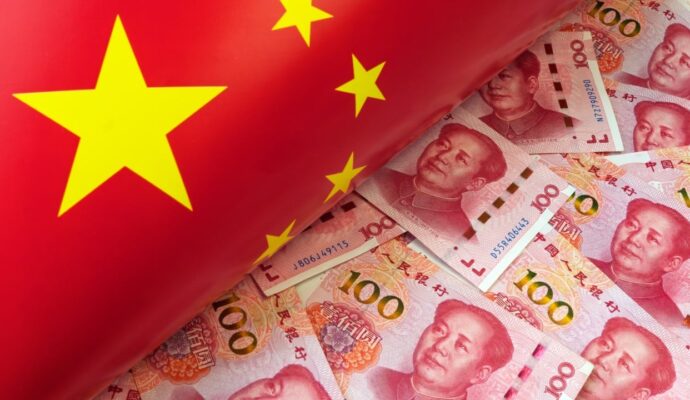
When the leaders of Asean, the Gulf Cooperation Council (GCC) and China gathered for an inaugural summit in Kuala Lumpur last week, it marked a historic convergence – the three economic powerhouses represent over 2 billion people and a combined economy of nearly US$25 trillion.
Advertisement
Emphasising deeper cooperation in trade, supply chains, infrastructure and finance, the summit’s key areas of focus included green energy, the digital transformation, connectivity and sustainable agriculture to address climate change and food security.
This trilateral partnership aligns with China’s Belt and Road Initiative, leveraging the consumer markets of the Association of Southeast Asian Nations, the GCC’s energy wealth and China’s manufacturing and technological prowess. With Asean-China trade worth US$1 trillion and GCC-China trade of over US$288 billion last year, the summit underscored a collective ambition to foster regional stability and economic globalisation, with vast potential for trade expansion.
It is also a transformative opportunity to reduce their reliance on the US market by diversifying supply chains and focusing on complementary strengths, enhanced connectivity, trade agreements and regional production in critical sectors.
First, Asean’s resources, the GCC’s financial clout and China’s manufacturing dominance constitute complementary strengths that can forge a robust supply chain ecosystem. Raw materials such as Indonesia’s nickel and Malaysia’s palm oil complement China’s manufacturing capacity, while the GCC’s sovereign wealth funds, worth a collective US$5 trillion, can finance critical projects.
Advertisement
Cooperation has begun. In April, the Qatar Investment Authority and sovereign wealth fund Danantara Indonesia announced a joint US$4 billion fund to invest in renewable energy, healthcare and technology in Indonesia. A practical model could see Asean supplying raw materials for China’s electric vehicle battery production with GCC funding.

